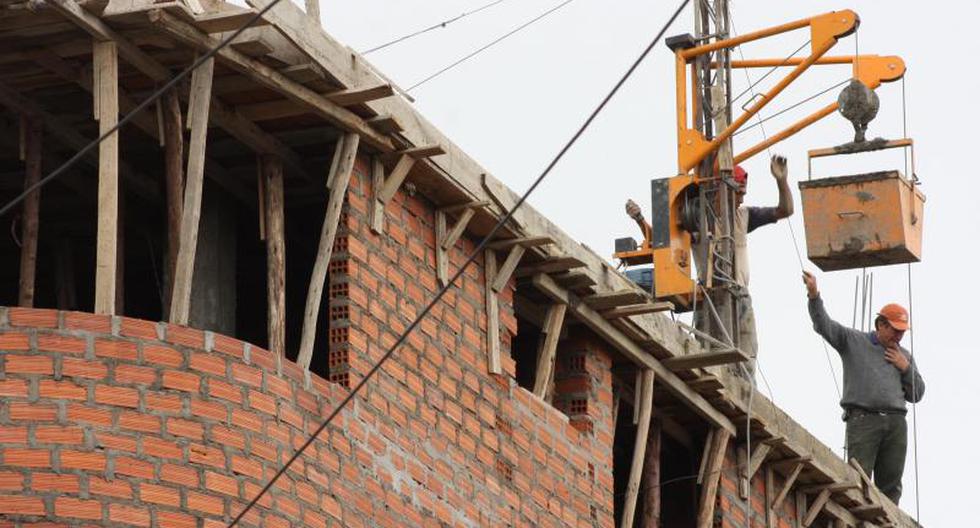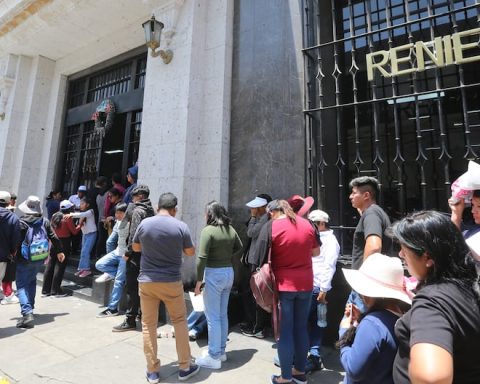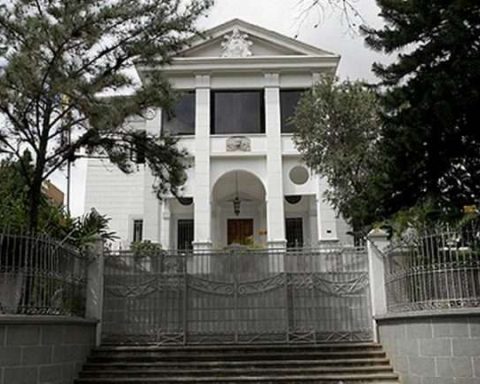We all want to improve ourselves individually or as a couple. One of the goals is to have a own home and thus dispose of it as we wish. But is it possible to build on the second floor of your in-laws’ house or on their land?
Some legal specialists have considered that it is not advisable to do so. According to the América TV portal, the lawyer Carmen Moretti maintains that the main drawback lies in the fact that the land is not owned by the cohabitants.
YOU MAY BE INTERESTED IN | What are the advantages of acquiring a house ready, under construction or in plans?
CIVIL CODE
Article 938 of the Civil Code indicates that “the owner of the asset acquires by accession what is materially attached or adhered to it.”
“That is, if you build on property that is not yours, this will be a wasted expense. Therefore, I recommend you to previously make a contract or a sale “, mentioned
Another of the experts who consider that it is important to have clear and precise rules before building in this scenario is Julio Pozo, civil lawyer.
He argued in the program “The Passion for Law” that if the clear rules were not established from the beginning or there is no document that proves that your father-in-law authorized that what is built is yours, there will be no choice but to submit to the rules of accession.
YOU MAY BE INTERESTED IN | Street robberies: the 5 modalities most used by criminals
“There you will wonder if whoever built had good or bad faith, and you have to prove it in a judicial process. We start from the premise of good faith because the father-in-law has seen for several days, weeks and months that the son-in-law has built without objection. That tolerance, in my opinion, is a tacit expression of willingness to consent and grants good faith to the trio and therefore, he would not have to prove that requirement “, I consider.
Not everything is bad. If the accession is presented, you can demand that your in-laws recognize the value of the amount spent on construction. It is also possible to request the cost of the land on which the property was built and the payment will be made to the succession.
“Neither I become the owner of the land for having built with the tolerance of my father-in-law, nor the succession (his family) when the father-in-law dies and problems appear, they become the owner of the building without recognizing it”, ended Pozo.
















